Domestic currency starts to recover
The Serbian dinar (RSD) will strengthen against the euro (EUR) on Monday with the official exchange rate of RSD 86.26 for one euro.
Sunday, 07.12.2008.
18:18

The Serbian dinar (RSD) will strengthen against the euro (EUR) on Monday with the official exchange rate of RSD 86.26 for one euro. This recovery amounts to RSD 3.22 compared to the end of last week, but the strengthening started on Thursday, after NBS Governor Radovan Jelasic announced increased hard currency liquidity of the banks as yet another measure to prop up the dinar. Domestic currency starts to recover For months, the National Bank of Serbia (NBS) has been selling its foreign currency in the inter-banking market with the same intention. The central bank's Monetary Committee, set to meet in Belgrade tomorrow, is expected to decide to increase banks' obligatory dinar reserves from 20 to 40 percent. In this way, Jelasic explained earlier, some EUR 700mn worth of dinars will be withdrawn from the market, increasing the hard currency market liquidity. But, economists warn that the central bank's moves against the weakening of the dinar must be coupled by measures undertaken by the government. "It now seems that the NBS has decided to defend the exchange rate at RSD 90. They will encounter problems, because the fiscal measures have a delayed effect, [to be felt] only in the next couple of months," former deputy PM, now Faculty of Law professor Miroljub Labus says. "I would like to see how they will harmonize their instruments, to make the job easier for the NBS, but also to stabilize the exchange rate as much as possible. I don't believe it will go over RSD 100, but up to 100, that's certainly possible. In any case, it will no longer be RSD 75. Those days are over," said Labus. The domestic currency hit its annual low on Dec. 4, with the RSD 91.63 for one euro exchange rate.
Domestic currency starts to recover
For months, the National Bank of Serbia (NBS) has been selling its foreign currency in the inter-banking market with the same intention.The central bank's Monetary Committee, set to meet in Belgrade tomorrow, is expected to decide to increase banks' obligatory dinar reserves from 20 to 40 percent.
In this way, Jelašić explained earlier, some EUR 700mn worth of dinars will be withdrawn from the market, increasing the hard currency market liquidity.
But, economists warn that the central bank's moves against the weakening of the dinar must be coupled by measures undertaken by the government.
"It now seems that the NBS has decided to defend the exchange rate at RSD 90. They will encounter problems, because the fiscal measures have a delayed effect, [to be felt] only in the next couple of months," former deputy PM, now Faculty of Law professor Miroljub Labus says.
"I would like to see how they will harmonize their instruments, to make the job easier for the NBS, but also to stabilize the exchange rate as much as possible. I don't believe it will go over RSD 100, but up to 100, that's certainly possible. In any case, it will no longer be RSD 75. Those days are over," said Labus.
The domestic currency hit its annual low on Dec. 4, with the RSD 91.63 for one euro exchange rate.

















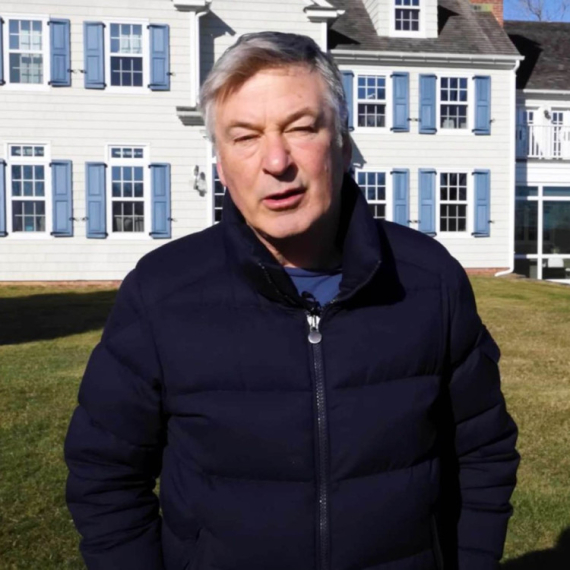


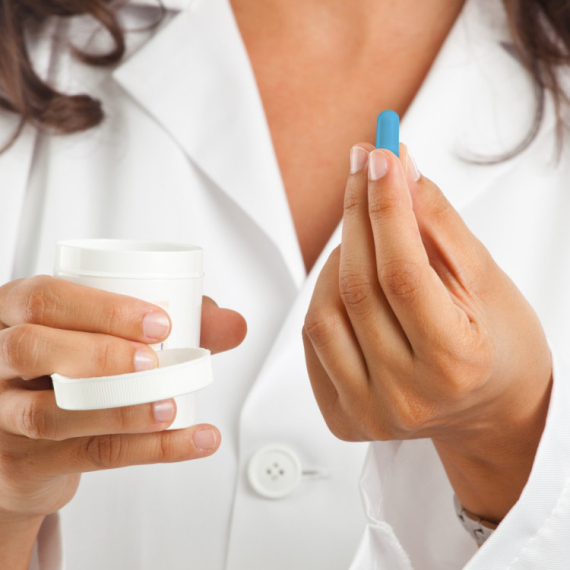
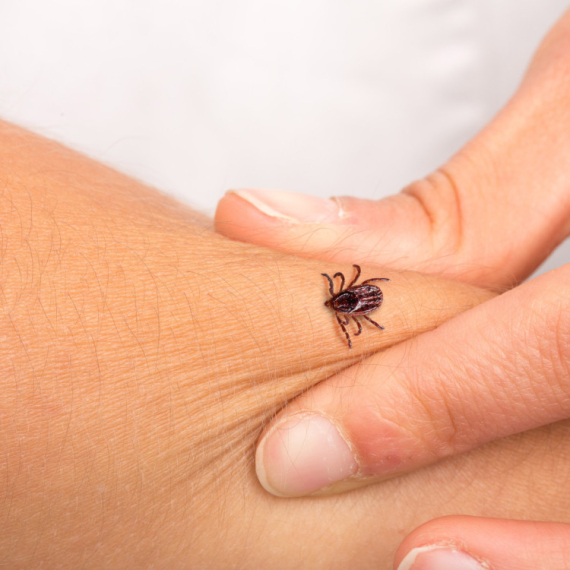
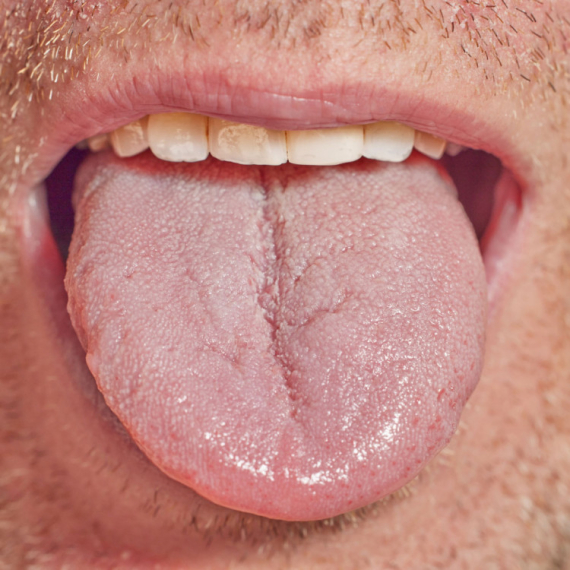
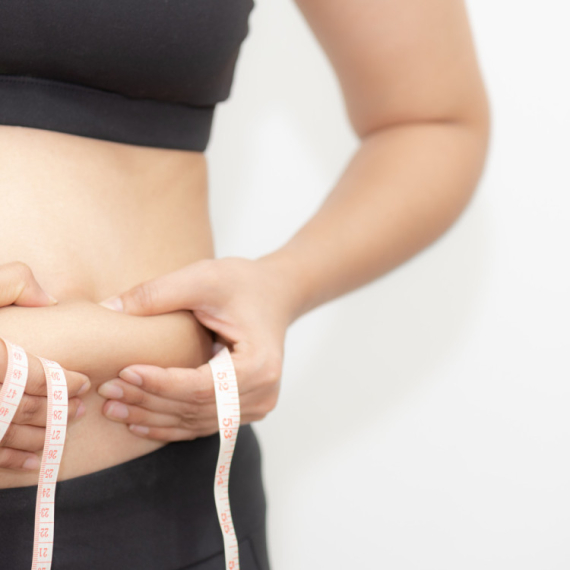




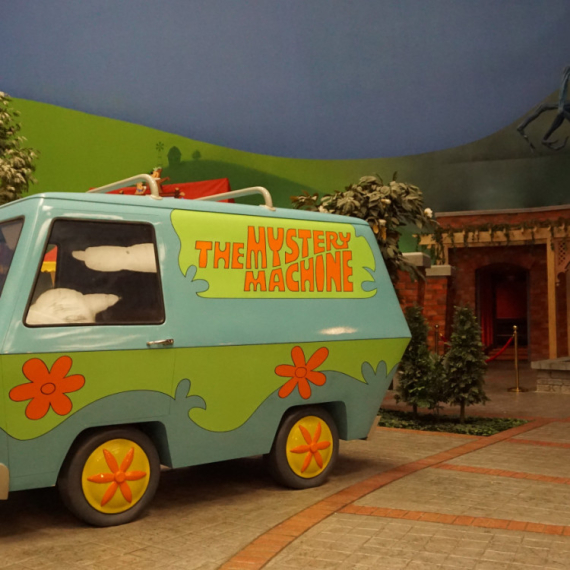
















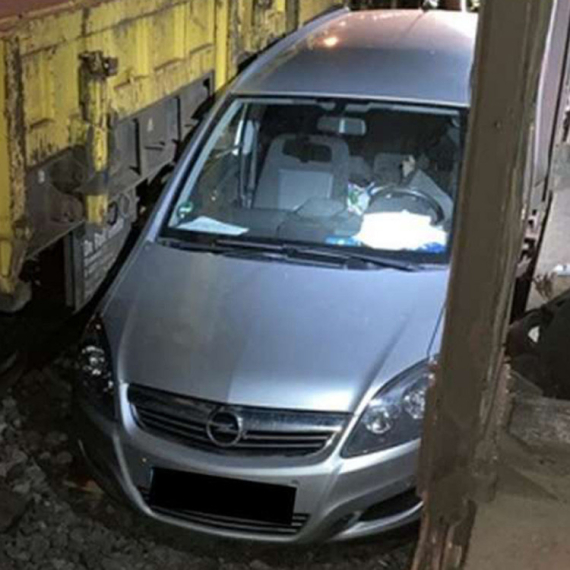





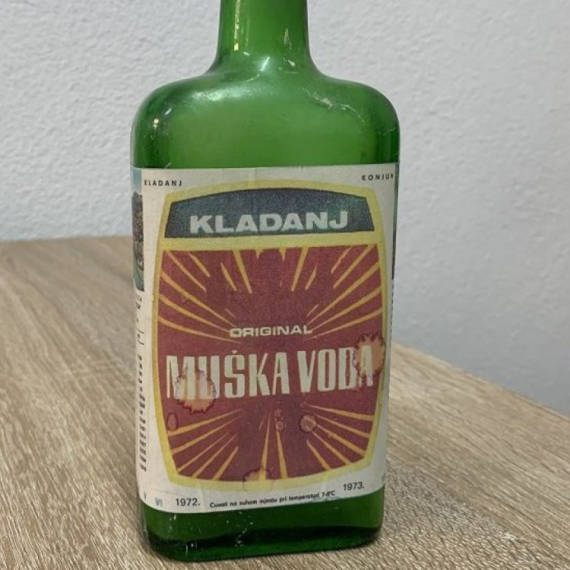



Komentari 0